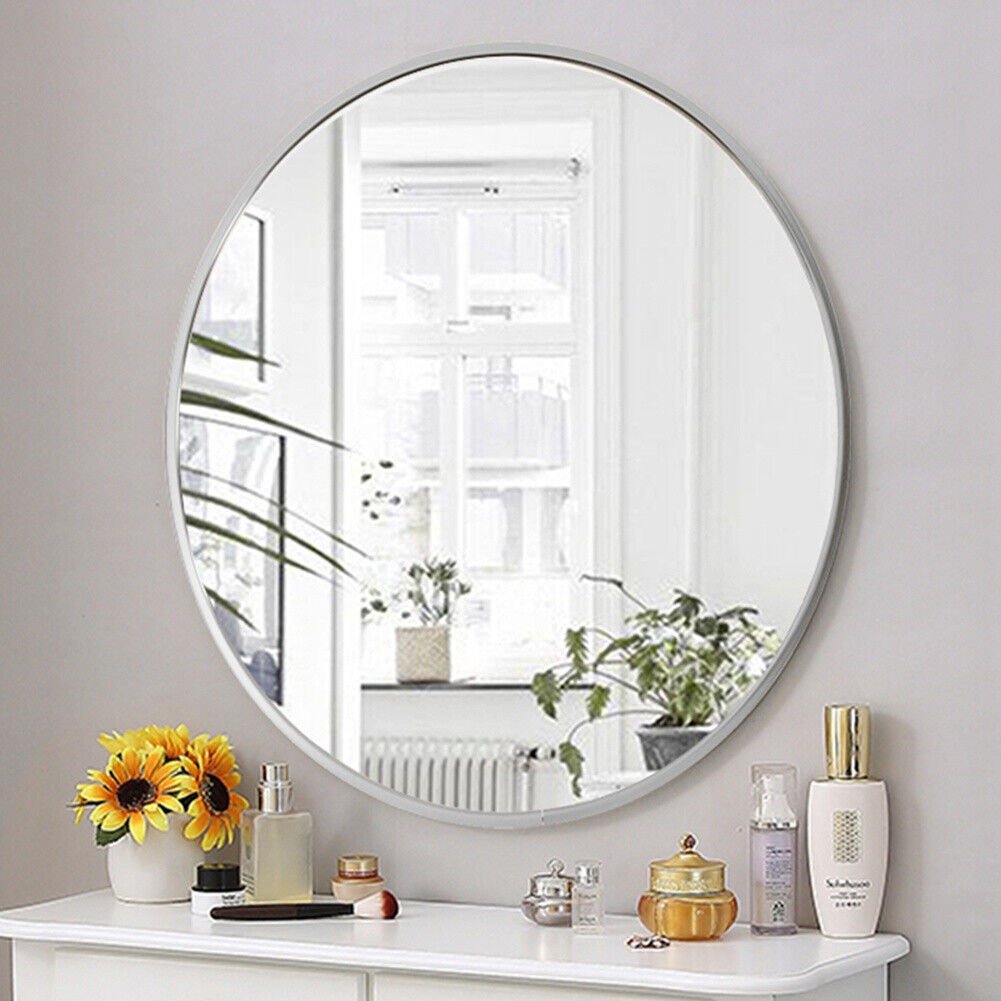Silver Mirror Features, Uses, and Benefits
Introduction
Silver Mirror have been a part of human life for centuries, evolving from polished stones and metals to the modern, highly reflective surfaces we use today. Among the many types of mirrors, the Silver Mirror stands out as one of the most popular and widely used. Known for its superior clarity, high reflectivity, and durability, silver mirror glass is a staple in interior design, furniture, and architectural applications. Whether it is enhancing home interiors, creating elegant spaces in commercial buildings, or adding utility to automobiles, the silver mirror plays a versatile role.

This article provides an in-depth look at the silver mirror, its manufacturing process, features, advantages, and diverse applications, giving you a clear understanding of why it remains a preferred choice worldwide.
What is a Silver Mirror?
A silver mirror is a glass product created by coating one side of a clear or tinted float glass with a reflective layer of metallic silver. The process involves chemically depositing a thin layer of silver nitrate solution onto the surface of the glass, followed by protective layers of copper and paint to prevent oxidation and damage. The result is a highly reflective, durable, and clear mirror that provides sharp images and aesthetic appeal.
Unlike ordinary mirrors that may use aluminum or other coatings, the silver mirror offers higher light reflectance, usually between 90% to 95%, making it ideal for both decorative and functional purposes.
Manufacturing Process of Silver Mirror
The production of silver mirrors is a precise and carefully monitored process. Below are the main steps:
- Selection of Glass
High-quality float glass is chosen as the base. The clarity and thickness of the glass determine the overall quality of the finished Silver Mirror. - Cleaning and Polishing
The glass sheet is thoroughly cleaned to remove dust, oils, and other impurities, ensuring perfect adhesion of the reflective coating. - Silver Coating
A silver nitrate solution is applied through a chemical reaction process, forming a thin reflective layer of metallic silver on the glass surface. - Copper Coating
A protective layer of copper is added to strengthen the silver layer and prevent oxidation. - Protective Paint Layer
Multiple coats of special paint are applied on the back of the mirror to protect the reflective surface from scratches, corrosion, and moisture. - Curing and Inspection
The mirror is cured, cooled, and then inspected for clarity, smoothness, and defects before being cut to the required size.
This process ensures that the final product is durable, reflective, and resistant to environmental conditions.
Key Features of Silver Mirror
Silver mirrors are valued for their unique properties that make them superior to standard mirrors. Some of the main features include:
- High Reflectivity – Provides clear, bright, and accurate reflections.
- Durability – Protective coatings resist corrosion, moisture, and scratches.
- Smooth Surface – Offers distortion-free reflection, enhancing image clarity.
- Versatile Thickness – Available in various thicknesses (2mm to 8mm), suitable for different applications.
- Aesthetic Appeal – Adds elegance to interiors, making spaces appear larger and brighter.
- Customizable – Can be cut, beveled, or shaped to fit specific design needs.
Applications of Silver Mirror
1. Home Interiors
Silver mirrors are widely used in home decoration. From bathroom mirrors to wall panels, wardrobes, and decorative furniture, they enhance aesthetics and functionality. Their ability to reflect light makes small rooms appear more spacious and brighter.
2. Furniture Design
Modern furniture often incorporates silver mirrors in dressing tables, cabinets, coffee tables, and sliding doors. The reflective surface adds sophistication and style.
3. Architecture and Commercial Spaces
In commercial buildings, hotels, gyms, and offices, silver mirrors are used for wall cladding, lobby designs, and decorative accents. They bring elegance and a sense of openness to interior spaces.
4. Automobile Industry
Silver-coated mirrors are used in vehicles for rearview and side mirrors, ensuring safety and clear vision for drivers.
5. Retail and Display
Showrooms and retail stores use silver mirrors to create attractive displays and highlight products effectively.
6. Art and Design
Artists and designers use silver mirrors in modern artwork, sculptures, and installations to play with reflections and light effects.
7. Health and Fitness Spaces
Gyms, yoga studios, and dance schools rely on large silver mirror panels for practice and performance spaces.
Advantages of Using Silver Mirror
- Superior Reflection Quality
Silver mirrors provide more accurate and sharper reflections compared to aluminum-coated mirrors. - Enhanced Room Brightness
They reflect both natural and artificial light effectively, making spaces appear larger and brighter. - Durability Against Moisture
With proper protective coatings, silver mirrors are resistant to humidity and moisture, making them suitable for bathrooms and kitchens. - Versatility
Available in different sizes, shapes, and thicknesses, silver mirrors can be adapted for a wide range of uses. - Easy Maintenance
Cleaning requires only a soft cloth and mild cleaning solution, keeping the surface shiny and streak-free.
Silver Mirror vs. Aluminum Mirror
While both types are common, silver mirrors are generally considered superior.
- Reflectivity – Silver mirrors reflect 90–95% of light, while aluminum mirrors reflect 80–85%.
- Clarity – Silver mirrors provide sharper, distortion-free reflections.
- Durability – Silver mirrors last longer, especially in humid conditions.
- Cost – Silver mirrors are slightly more expensive, but the benefits justify the investment.
Maintenance Tips for Silver Mirrors
To ensure long-lasting performance, follow these maintenance tips:
- Avoid using abrasive cleaners or rough cloths that may scratch the surface.
- Keep the mirror edges dry to prevent damage from prolonged moisture exposure.
- Use ammonia-free glass cleaners for a streak-free shine.
- Regularly dust the surface to maintain clarity and reflectivity.
Why Choose Silver Mirror?
Choosing a silver mirror means investing in quality, durability, and beauty. Whether for residential, commercial, or artistic purposes, silver mirrors offer timeless elegance and superior functionality. They not only serve practical needs but also enhance the overall atmosphere of any space.
Conclusion
The silver mirror is much more than just a reflective surface—it is an essential element of modern architecture, interior design, and everyday living. With its high reflectivity, durability, and versatility, it continues to be the preferred choice for homeowners, designers, and industries worldwide. From bathrooms and living rooms to commercial spaces and automobiles, silver mirrors add brightness, beauty, and functionality wherever they are used.
As trends in design and construction evolve, the demand for high-quality reflective materials like silver mirrors will only continue to grow, making them a smart investment for both style and utility.
Tags: Bathroom Mirrors, Custom Mirror Solutions, Decorative Mirrors, Frameless Mirrors, Glass Fabrication Services, High-Quality Mirrors, Luxury Mirrors, Mirror Glass Sheets, Modern Mirror Designs, Select Silver Mirror, silver mirror, Wall Mirrors

